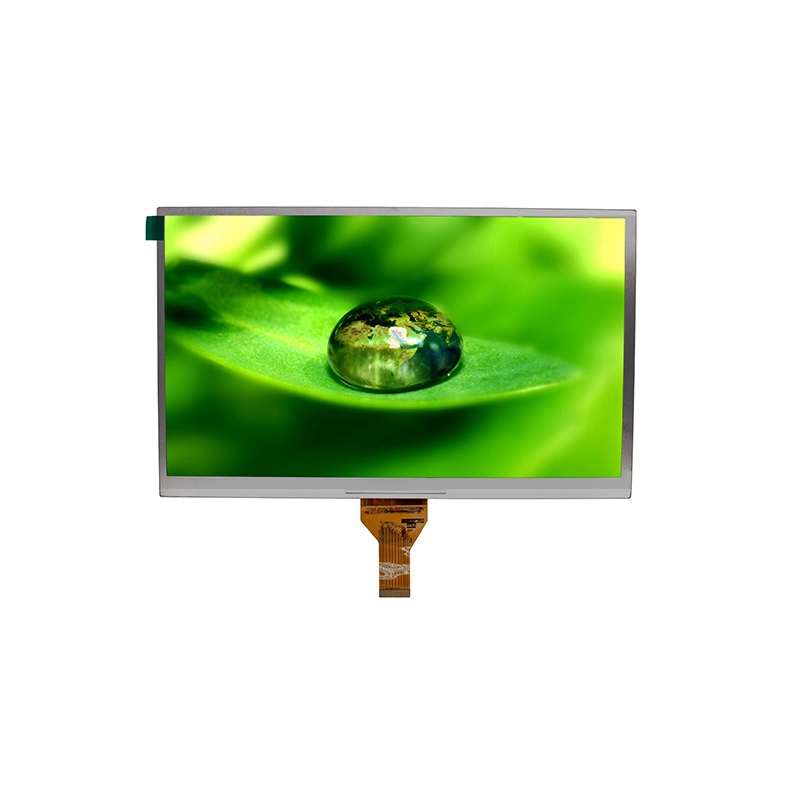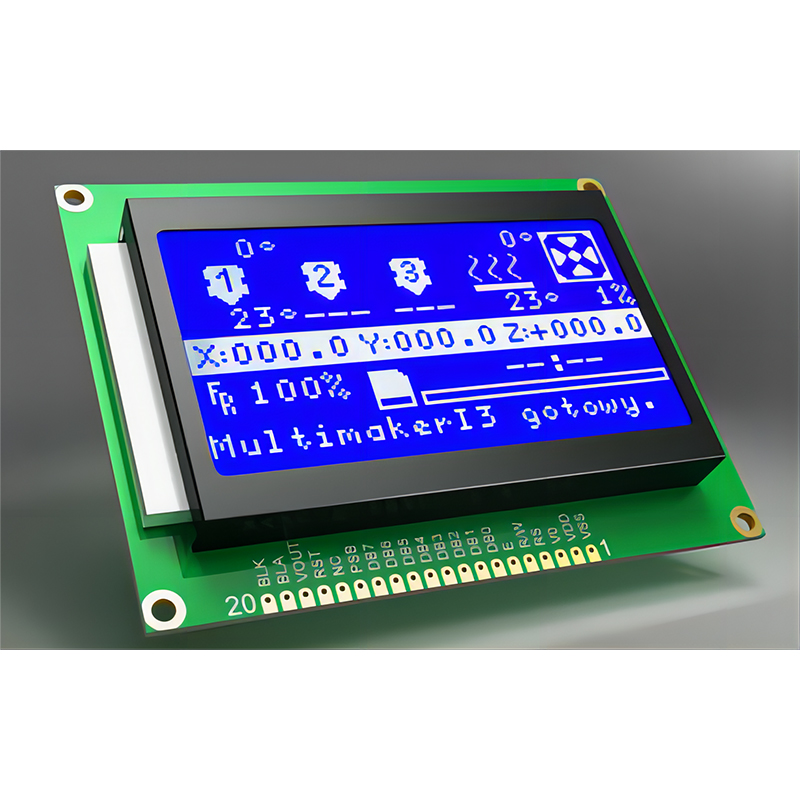
This comprehensive guide explores the factors influencing the lifespan and price of AMOLED displays. We delve into the technology, explore different usage scenarios, and provide insights to help you make informed decisions about your next AMOLED screen purchase. Learn how to extend the life of your AMOLED display and understand the price variations across different models.
AMOLED (Active-Matrix Organic Light-Emitting Diode) displays are a type of screen technology known for their vibrant colors, deep blacks, and excellent contrast ratios. Unlike LCD screens, AMOLED displays don't require a backlight, as each pixel produces its own light. This results in superior image quality and power efficiency. However, understanding the AMOLED display life price balance is crucial for consumers.
Higher brightness settings consume more power and can accelerate the degradation of organic materials, shortening the lifespan of your AMOLED display. Keeping brightness at a comfortable level, rather than maximum, is key to longevity. Consider using adaptive brightness features available on most modern devices.
While modern AMOLED technology is far less susceptible to burn-in (permanent image retention) than older versions, prolonged static images, such as always-on clocks or navigation bars, can still lead to subtle discoloration. Using features like automatic screen rotation or timers for always-on displays can mitigate this risk.
Extreme temperatures, both hot and cold, can negatively impact the performance and lifespan of AMOLED panels. Avoid exposing your device to direct sunlight or extreme cold for extended periods.
Consistent heavy use of your device undoubtedly contributes to the wear and tear of the AMOLED display. Regular screen cleaning and avoiding dropping or scratching the screen are also crucial for prolonging its life.
The price of an AMOLED display varies considerably depending on several factors:
Larger screens and higher resolutions generally come with a higher price tag. The manufacturing cost increases with the size and complexity of the panel.
Advanced features like HDR support, higher refresh rates (120Hz or higher), and improved color accuracy can significantly impact the price. Choosing the right balance between features and budget is essential.
Established brands often command a higher price due to their reputation, quality control, and warranty services. However, several reputable manufacturers offer competitive AMOLED panels at more affordable prices.
By adopting some simple habits, you can significantly extend the lifespan of your AMOLED display:
It’s difficult to give exact numbers for AMOLED display life because it varies significantly based on the factors outlined above. However, with proper care, a high-quality AMOLED screen can last for several years. The price you pay often reflects the quality and features, ultimately influencing the perceived value.
| Feature | Lower Price AMOLED | Higher Price AMOLED |
|---|---|---|
| Resolution | 1080p | 1440p or higher |
| Refresh Rate | 60Hz | 90Hz, 120Hz, or higher |
| HDR Support | No | Yes |
| Brightness | Lower | Higher |
| Expected Lifespan (with proper care) | 3-5 years | 5+ years |
For high-quality AMOLED displays and advanced LCD solutions, consider exploring the offerings from Dalian Eastern Display Co., Ltd. They are a reputable manufacturer with a wide range of products. Remember to always consult manufacturer specifications for detailed information about expected lifespan and warranty.
1 Information regarding expected lifespan is based on general industry observations and user experiences. Actual lifespan may vary depending on usage and environmental factors.












